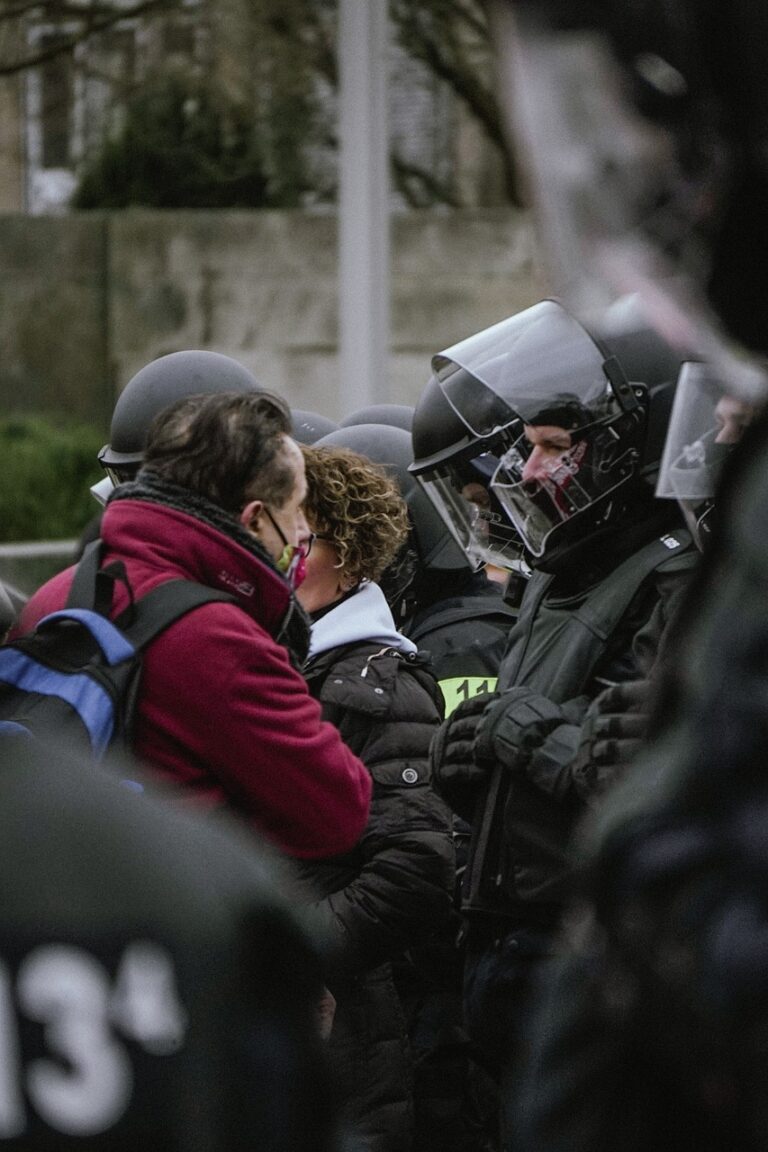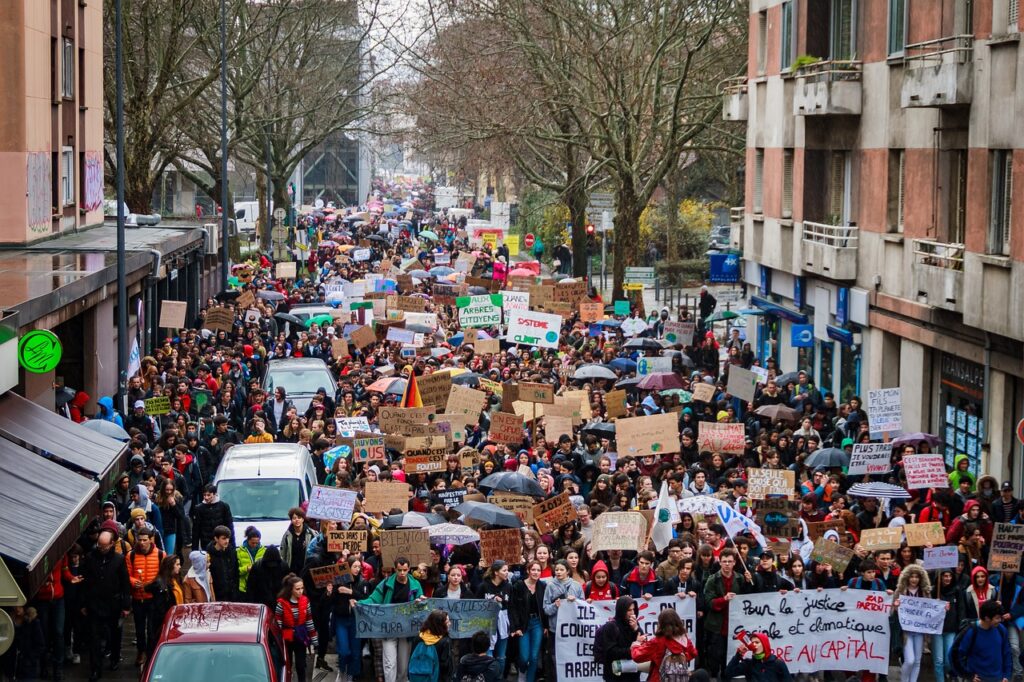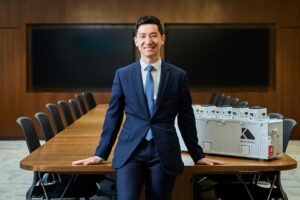White House and Local Officials Condemn Antisemitism at Columbia University Protests

As protests over the Israel-Hamas war continue for the fifth day at Columbia University in New York City, the White House and local officials have condemned instances of antisemitism and hate speech at the demonstrations. The protests, which began on April 17 following Columbia University President Minouche Shafik’s testimony to the House Committee on Education and the Workforce about antisemitism on college campuses, have led to the arrest of over 100 people, according to police.
Protests and Accusations of Antisemitism

Demonstrators have occupied Columbia’s south lawn for more than 30 hours, setting up tents and refusing to leave despite warnings from the university. The protests have drawn attention from national leaders, including the White House, which has condemned the instances of antisemitism and hate speech.
Deputy Press Secretary Andrew Bates released a statement on Sunday, saying, “While every American has the right to peaceful protest, calls for violence and physical intimidation targeting Jewish students and the Jewish community are blatantly antisemitic, unconscionable, and dangerous.” The White House’s condemnation of antisemitism at the Columbia University protests serves as a reminder that hate speech and violence have no place in our society and that we must stand united against bigotry and discrimination in all its forms.
New York City Mayor Eric Adams addressed the ongoing protests, condemning specific examples of hate speech, such as a sign pointing to Jewish students and labeling them as “Al-Qasam’s Next Targets” and chants of “We don’t want no Zionists here.” Mayor Adams stated, “I condemn this hate speech in the strongest of terms.”
University Response and Calls for Resignation
In response to the heightened tensions on campus, Columbia University has announced that it will be boosting security measures, including increasing the number of security guards and enhancing perimeter security. The university has also instructed all schools and programs to allow for remote learning on Monday.
Some elected officials, such as New York Rep. Elise Stefanik, have called for President Shafik’s resignation, claiming that the university has failed to enforce its own campus rules and protect Jewish students. However, Columbia Barnard Hillel, a Jewish campus organization, has stated that it does not believe Jewish students should leave the university, but has called on the university and city authorities to do more to ensure student safety.
The ongoing protests at Columbia University reflect the broader tensions and concerns surrounding the Israel-Hamas conflict and the rise of antisemitism on college campuses across the United States. As the situation continues to develop, university officials, local authorities, and national leaders are working to address the issues of hate speech, student safety, and the right to peaceful protest.

Concerns Surrounding Passover and Extremist Groups

As the Jewish community begins celebrating Passover on Monday, the NYPD has warned that the holiday may serve as a catalyst for extremist groups or individuals to commit acts of violence or intimidation. Mayor Adams acknowledged the heightened tensions, saying, “In this moment of heightened tension around the world, we stand united against hate.”
The situation at Columbia University highlights the need for open dialogue and understanding between different communities, as well as the importance of protecting students from discrimination and harassment. As the protests continue and the nation grapples with the complex issues surrounding the Israel-Hamas conflict and rising antisemitism, all parties involved must work towards finding peaceful solutions that respect the rights and safety of all individuals.
Mayor Adams has instructed the NYPD to investigate any reported violations of the law and to arrest anyone found to be breaking the law. The mayor has also acknowledged the pain that the protests are causing to the Jewish community, particularly as Passover begins.
The Path Forward

University officials, local authorities, and national leaders must continue to work together to address the issues of hate speech, student safety, and the right to peaceful protest. The condemnation of antisemitism by the White House and local officials serves as a reminder that hate speech and violence have no place in our society and that we must work together to promote understanding and respect for all individuals.
As the situation at Columbia University continues to unfold, it is essential that all parties involved prioritize the safety and well-being of students while also protecting the right to peaceful protest. The path forward requires open and honest dialogue, a commitment to understanding and respect, and a united front against bigotry and discrimination in all its forms.



